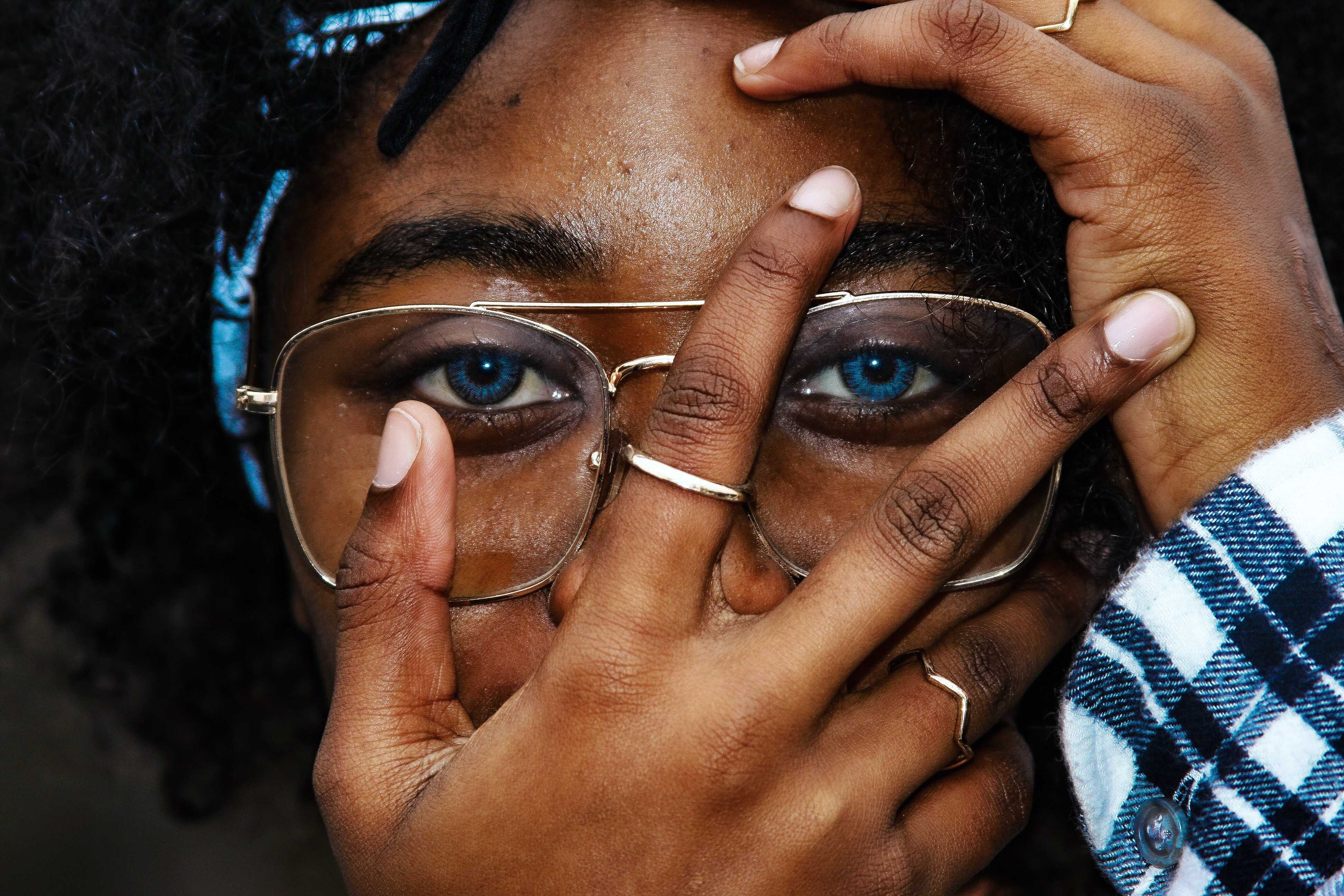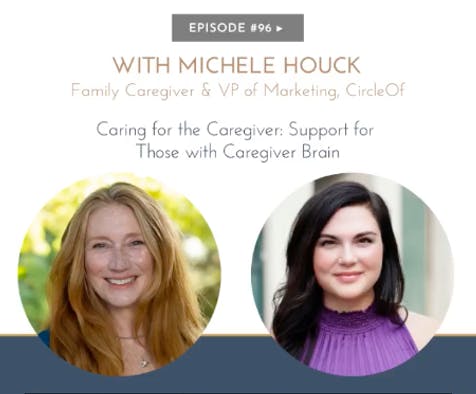Caregiver Brain, It's Real

Table of Contents
Caregiver Brain
The caregiver's brain is a soup of stress reactions coupled with a buildup of new emotional and physical responsibilities, a flurry of new, critical topics to understand quickly, and a new way to get things done.
If you made a resume for the caregiving role, you would need to be fully literate in legal professions, healthcare acronyms, and a new lexicon while living in an emotional pressure cooker. It's not pregnancy brain, but this unique stress will also put pressure on your hormones.
Is Caregiver Brain "Real"?
Caregiver's brain isn’t an official medical term or clinical diagnosis. Most of my caregiver friends and colleagues are still coming up with ways to describe what’s happening in their foggy brains and why. But, I can say that the blank stare, brain fog, and paralyzing overwhelm are real.
Partners in this Article
My personal experience is that in the intensity of caregiving, we get a lot of different types of fatigue - it's not just one. It is a succotash of new responsibilities and what I affectionately named "awful options."
There are REAL reasons caregivers get confused, look weary, and are grateful that they have clothes on when they go outside. Please don't talk to me about showering. Part of the stunned, forgetful haze that sets in is what I call the 'caregiver's brain.'

Decision fatigue
Caregivers are asked to make so MANY difficult decisions daily. Although these are not decisions of "who can help me out today?" these are vital decisions. For example, here are a few from my lived experience:
- "Where can she live/recuperate? We have stairs, and she cannot walk."
- "How can we afford that treatment and the medicine too?
- "Why won't her insurance pay for that?"
- "Who in the family can help her now, next week, next month?"
- "What are the side effects and what can she eat now?"
- "How can I stop him from trying to stand up? He will hurt himself and others."
- "Why can't she stay in hospice - because she ate something?"
Communication fatigue
There is a language to caregiving. The primary caregiver communicates with the person they are helping, plus for themselves, in an entirely new arena. We do this with NO training. It is frustrating for everyone.
There are a lot of dimensions to caregiver communication; one is the "reporter" to others. When you are tasked to tell professionals, clinicians, friends, and relatives the updates, stories, or details, it is easy to get turned around, especially when you are the central communication hub on behalf of someone.
No kidding, this is one of the reasons why I work at CircleOf.
If you "lose your words," as I put it, you cannot advocate, ask for help, influence, or explain. This hit me hardest. My solution was to read books to get the language for caregiving for each unique audience (family, doctors, lawyers, insurers, and accountants). Some good books are here.
"On Hold" fatigue
Hospitals, banks, and health insurers could be so much better about answering, putting on hold, and phone trees. They could also give you a case manager who has a direct phone number and you don't have to regurgitate the issues anew each and every time.
The poor audio and crackly music can render you lost in the elevator of space and time, numb, and forget why you are on hold for 15 - 30 minutes.
Document fatigue
The paperwork of caregiving will blanket your dining room table and fill filing cabinets. There are a lot of documents that can be categorized in giant buckets.
Get help - caregiving is a language course. I did not know what some of the documents were, and it made what I named my current reality as "the long tail of caregiving."
Get help from experts on the documents and protection they bring you from LegalZoom. Get this help as soon as possible - it will save you from terrible surprises that are 100% avoidable. [ Tip: Because you can start this conversation online, you can sign up while on one of those health insurance epic call holds.]
Guilt fatigue
This is a tough one, and it lives in our heads. That mental battleground lights up at 4 AM, grabs and pokes us. It's like being Snow White with the seven self-sabotaging angry doubts; should've, coulda, woulda, might've, not enough - all of those are terrible, just terrible.
More about my experience as a serial caregiver with a 'caregiver brain' in this podcast hosted by the ah-maz-ing Nicole Will. Her podcast, 'Navigating the World with Your Aging Loved One' by willGather. She has lots of caregiver advice from many experts.
Listen to Michele's podcast

Nicole's company, willGather, is dedicated to enhancing the well-being of our aging community by equipping older adults, their family members, and eldercare professionals with valuable information and resources.
Treat yo self
Be nice to YOU. These words feel worn out, and it is advice that is poorly received when you are in the caregiving trenches. Just try to be nice to you. TheraBox inspires happier lives with therapist-approved self-care subscription boxes that have practical joy-boosting activities & thoughtful self-care products. Worthy of a caregiver.
When you sign up, you'll get a self-care box curated by the therapist to promote happiness & wellness. I used this service and sent myself a love letter in each delivery.
Tell someone else to make you cookies or get your food delivered.
If you want more inspiration or just a link to send to someone, so they do something nice for you - share this link on gifts for caregivers.
My dad and sister
This last image is of my dad who is standing outside of a hospice facility with my sister. My sister was 50 and dying from metastatic breast cancer in 2017. She wanted to feel the sun on her skin and see the sky one last time.
We moved heaven and earth to get her hospital bed OUTSIDE so she could do just that on one cold day in February. If you are a caregiver, you get it; you would do it too.

My sister died at 50, and I was her caregiver four times over seven years. I adopted her daughter after she passed. I will love you forever, my sweet sister Carin Houck.
Build your cancer care team today

If you’re a family caregiver, CircleOf is the app for you. You can communicate, organize and collaborate with family and friends, have secure groups to keep everyone on the same page. Download CircleOf today to build your circle of care.



